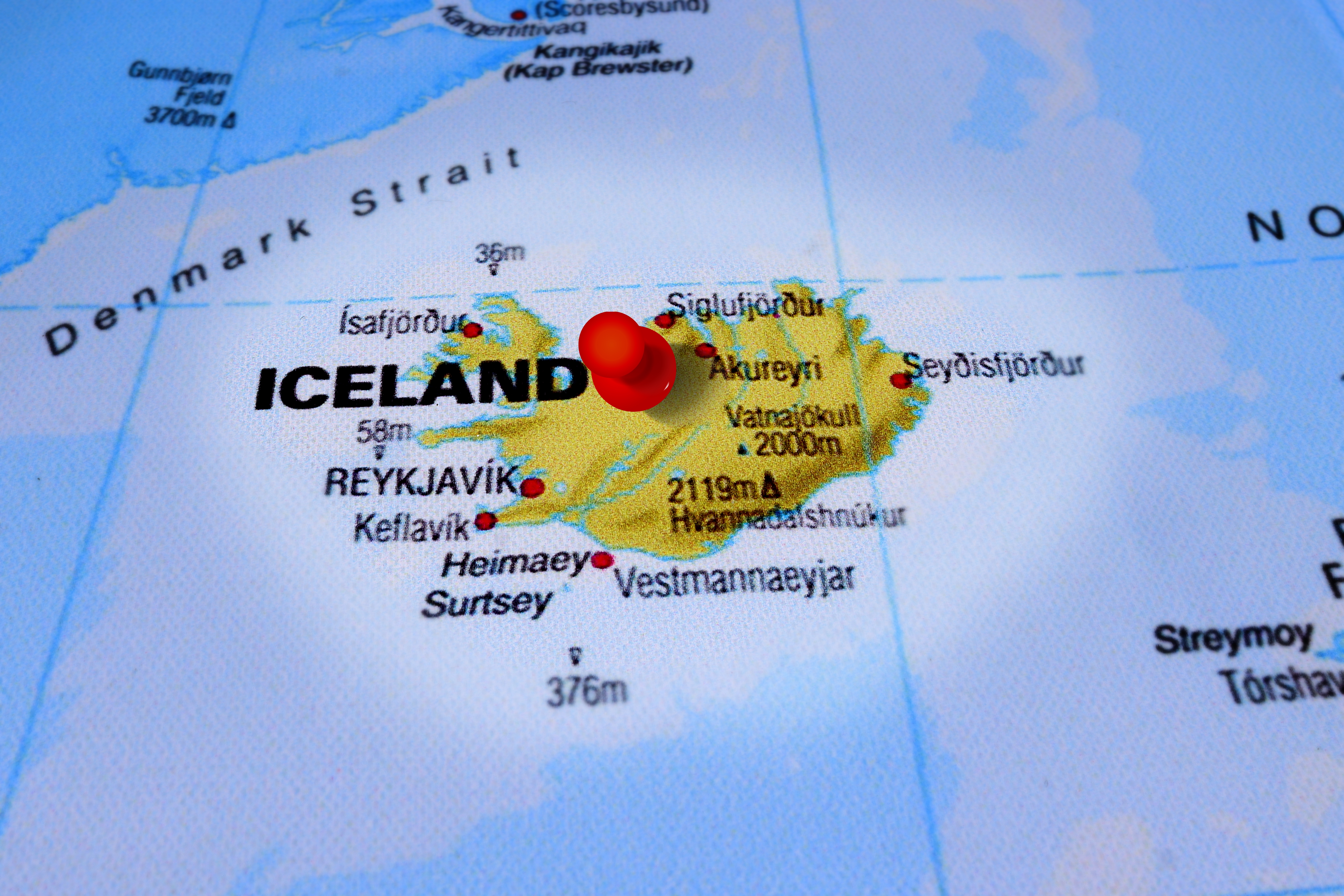Despite a recent slowdown, the green transition is expected to gain momentum again, with good investment opportunities expected as a result, AkademikerPension investment officer, Anders Schelde, has said.
Schelde emphasised that the fund is not only investing in the green transition for the sake of responsibility, but also for the opportunity for returns.
However, the fund acknowledged that, in recent years, green investments have been facing headwinds in terms of returns.
As European Pensions' recent environmental, social and governance (ESG) thermometer showed, the political climate has caused ESG and climate issues to become increasingly divisive.
Indeed, previous industry research revealed that nearly all (93 per cent) UK and European institutional investors, including pension funds, felt significant unease over the future of sustainability practices under a Trump presidency.
And this has been seen in practice, as ShareAction's recent biennial report concluded that global sustainability had slowed "significantly", whilst the Net Zero Asset Managers Initiative (NZAM) suspended its activities altogether.
But Schelde argued that although the green transition is not currently as fast as it was a few years ago, "we remain convinced that companies that do not transition will in the long term be characterised by large climate risks in terms of returns".
The fund also argued that, with the right risk diversification and flexibility across investment options, the green transition remains a "solid investment in the future – both for the climate and your pension".
"So climate thinking across the entire portfolio remains incredibly important," Schelde stated, emphasising the need to think about what assets the fund wants to own, and where the risks are unacceptably high.
"Some of what we own are decidedly green investments, for example, offshore wind farms," he continued.
"Things have been uphill there, not least after Trump came to power, but when the green transition slows down, it also means that the risks grow below the surface.
"So in the long term, the transition should gain momentum again, with resulting good investment opportunities."
The comments were made following the news that AkademikerPension had secured the top position in the Economic Weekly Climate Rating for the Pension Sector in 2025.
The fund attributed this win to two "crucial" factors: its high share of green investments and the significant CO2 reductions in the intensity footprint of the investment portfolio.
Indeed, the fund confirmed that climate-oriented investments in renewable energy such as solar and wind currently account for 12.5 per cent of its total investments, with this figure set to reach 22.5 per cent by 2030.
In addition to this, the group managed to reduce the intensity footprint of its total investment portfolio from 16.5 tonnes of CO2 per million invested in 2019 to 6.2 tonnes of CO2 per million in 2024.
This corresponds to an average reduction of almost 18 per cent per year, which is largely because AkademikerPension has excluded and divested all of its coal, oil and gas companies, among others.
The fund said that this has paid off so far in terms of returns, arguing that not being exposed to the significant fossil risks in these companies will also boost future returns.
However, Schelde admitted that it will be more difficult to further reduce the footprint in a world where fossil fuels still account for 80 per cent of energy.
Given this, the focus has now shifted more towards active ownership, for example, towards the car manufacturers or the banks in the fund's portfolio that finance the oil companies that it excluded.
"At first it was 'just' shares in companies that extract coal and oil, such as ExxonMobile, BP, Shell and others, but today we look down through the entire value chain in the energy sector and across all fossil fuel types and all asset classes, and we even look at the large consumers of fossil energy, namely the power/heating companies," Schelde explained.
Latest News
-
Winners announced for inaugural Nederlandse Pensioen Awards
-
Sweden’s AP4 yields 6.3% return for 2025
-
Sweden's AMF delivers 6.2 per cent return in 2025 amid market uncertainty
-
News in brief: 20 February
-
Black Arrow Group pension scheme completes £7m buy-in with PIC
-
Dutch pension funds report improved January funding positions
Podcast: Stepping up to the challenge

In the latest European Pensions podcast, Natalie Tuck talks to PensionsEurope chair, Jerry Moriarty, about his new role and the European pension policy agenda
Podcast: The benefits of private equity in pension fund portfolios

The outbreak of the Covid-19 pandemic, in which stock markets have seen increased volatility, combined with global low interest rates has led to alternative asset classes rising in popularity. Private equity is one of the top runners in this category, and for good reason.
In this podcast, Munich Private Equity Partners Managing Director, Christopher Bär, chats to European Pensions Editor, Natalie Tuck, about the benefits private equity investments can bring to pension fund portfolios and the best approach to take.
In this podcast, Munich Private Equity Partners Managing Director, Christopher Bär, chats to European Pensions Editor, Natalie Tuck, about the benefits private equity investments can bring to pension fund portfolios and the best approach to take.
Mitigating risk
BNP Paribas Asset Management’s head of pension solutions, Julien Halfon, discusses equity hedging with Laura Blows
© 2019 Perspective Publishing Privacy & Cookies







Recent Stories